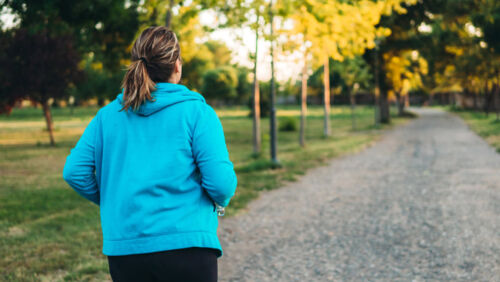Winners and losers from this week's NSW state budget
The NSW state budget has been billed as a forward-thinking budget, with an eye to the future.
NSW Treasurer Dominic Perrottet handed down the state's 2021-22 budget on June 22.
Here are some of the winners and losers.
Winners
Kids
$100 swim school vouchers will be handed out for every kid between three and six years of age.
"Following the success of the Active Kids program, which has seen NSW families save more than $320 million on sport registration fees since its inception, the new learn to swim voucher program will ease cost of living pressures even further," says Treasurer Dominic Perrottet.
"Importantly, every parent should enjoy the peace of mind their child will be safe in and around the water, with the new voucher program helping to achieve this."
Schools
Schools are set to benefit from $2.1 billion over four years for new and upgraded schools, part of a total $17.5 billion set aside for the sector.
"Since 2019, we have delivered 108 new and upgraded schools, and this trend continues thanks to this year's school infrastructure budget of $2.1 billion including funding to deliver 30 priority planning projects and additional funding to deliver 14 new projects, growing the pipeline to deliver 215 new and upgraded schools," says Minister for Education and Early Childhood Learning Sarah Mitchell.
Economy
The Budget is committed to "job creation and economic recovery," says Perrottet, with forecasts predicting economic growth of 3.25% for 2021-22 and unemployment, which currently sits at 5%, falling to 4.5% by 2024-25.
Health
The budget has earmarked $1.1 billion for the ongoing fight against COVID. Including $80 million to continue additional elective surgery.
Mental health services also stand to benefit. $109.5 million will go towards developing child and adolescent mental health crisis teams, while $36.4 million will go towards 57 mental health Response and Recovery Specialists operating across regional and rural New South Wales.
Finally, $82.8 million over four years to continue strengthening specialist palliative and end of life care.
The arts
After receiving precious little in the Federal Budget, this year's NSW budget sets aside $1.3 billion for the ailing sector, but most of the money will be going to museums and galleries. This includes $222 million for the Art Gallery of New South Wales, and $156.2 million for the new Powerhouse Museum in Parramatta.
"This year's State Budget has record funding for our State's artists, creatives and arts organisations," says Minister for the Arts Don Harwin.
"We have the nation's largest and most creative and diverse cultural experiences. NSW is the engine room for Australia's creative industries."
Farmers
$150 million Mouse Control Package is going to farmers, small businesses and households in the name of vermin management, while $100 million goes to the Regional Job Creation Fund to generate at least 5,000 new jobs.
Losers
First home buyers
The Sydney property market is going bonkers, with prices up about 25% since the start of the pandemic, but there's nothing specific in the budget to address that. The government coffers are benefiting, with stamp duty adding $9.379 billion to the bottom line for the 2020-21 financial year, a billion more than expected.
Still, there is a slow-burning proposal for giving buyers the option between paying stamp duty or land tax.
"The worst thing about stamp duty is that it stops many young families from getting into the property market," Perrottet said last year.
"We need to look at better ways of doing things and governments shouldn't just rely on rivers of gold from volatile taxes."
Get stories like this in our newsletters.



